Opera Explained: 10 Books for the Opera Newbie to the Opera Expert
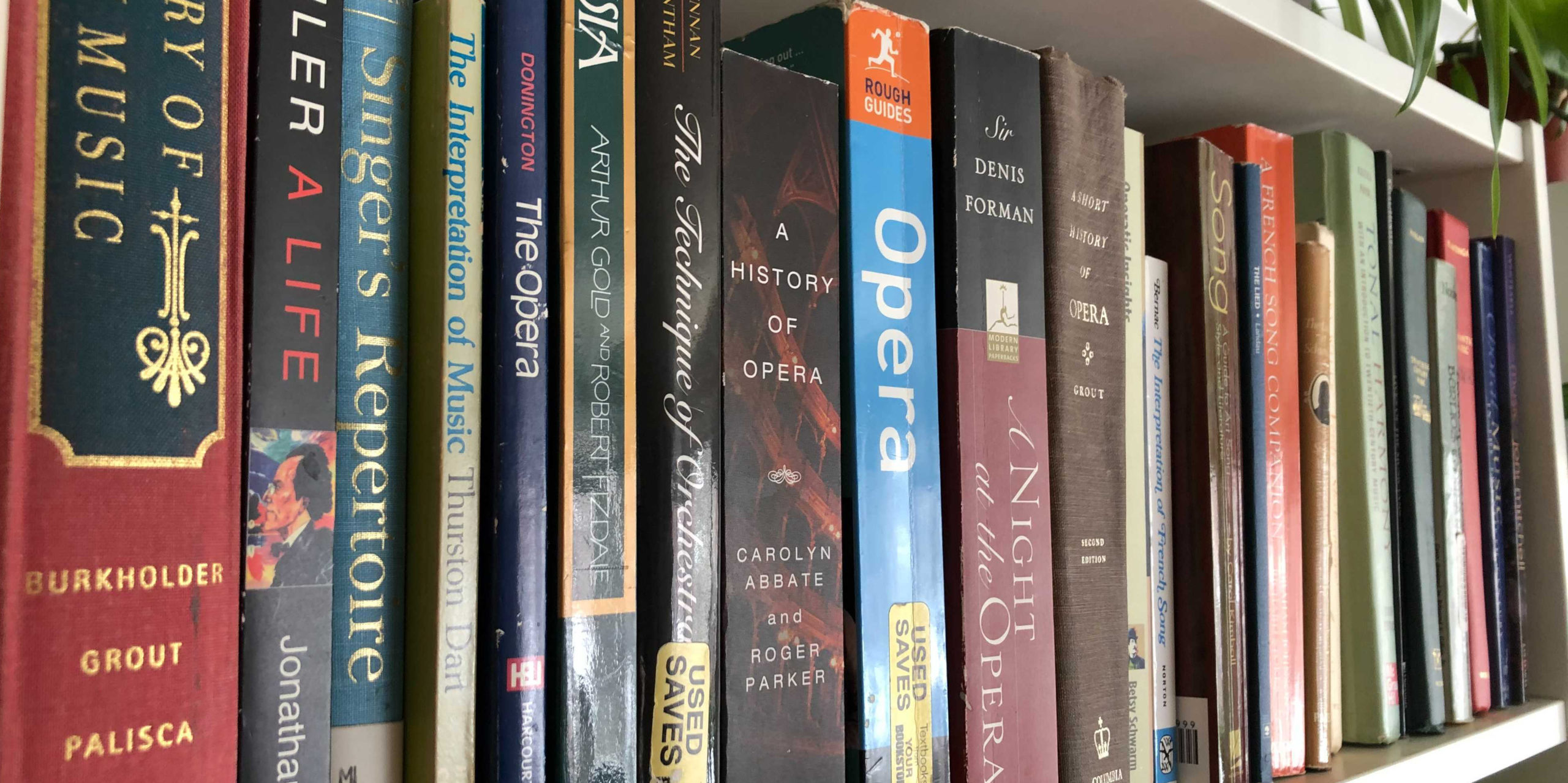
By: Suzanne Whitney
If I had to pick two topics that I loved most in the world, they would probably be music and books, with an honorable mention going to my cat, Neville. So, it feels natural to use this installment of Opera Explained to dig into the intersections of opera and literature. This list contains nonfiction books to help you learn about opera, novels where opera features in the plot, books that served as a composer’s muse, and more. Hopefully something on this list will open a new door and excite the opera-lover inside you, whether you are an opera expert or an opera newbie.
Opera Reference Books
A Night at the Opera: An Irreverent Guide to the Plots, The Singers, The Composers, The Recordings by Sir Denis Forman
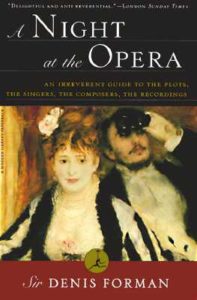
Why I love it: We begin with a book that sits on my desk everyday. My uncle, a fellow opera lover, gifted it to me sometime during high school. The author brings a huge amount of knowledge and a dry sense of humor, which I deeply appreciate. While I have a reverence for opera, it is good to be able to laugh at it too!
What to look out for: A Night at the Opera is organized alphabetically by opera title. Each section includes a character list, an overview of the plot, a breakdown of each musical number with some cheeky commentary, historical news and gossip, and some final thoughts by the author.
The Rough Guide to Opera by Matthew Boyden
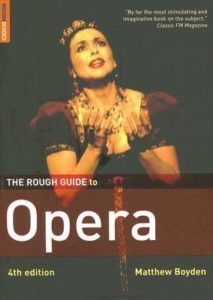
Why I love it: While this is titled “The Rough Guide” it is actually an excellent look at the evolution of the genre of Opera. This is a great reference for someone hoping to dive a little deeper into their opera knowledge. It is incredibly well researched, but won’t scare you away with clunky academic language.
What to look out for: This book is organized chronologically by musical era. You will find an overview of each era including spotlights on certain composers and their works. I particularly love the recording recommendations
A History of Opera: Updated Edition by Carolyn Abbate and Roger Parker
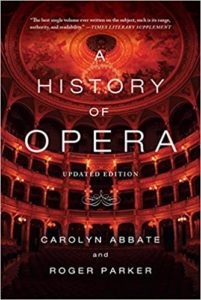
Why I love it: This doorstopper of a book definitely takes some commitment. It is a nonfiction epic that tells the story of opera in beautiful, well-researched prose. I’m sure some will fight me, saying that Grout’s A Short History of Opera is the best history out there, but this is my favorite. Beyond the facts and dates Abbate and Parker get to the heart of why we love opera and why it has remained part of our cultural landscape for centuries.
What to look out for: This book does not contain specific score references. It was meant to be read by opera lovers of all stripes. The authors’ descriptions of the music is evocative and encourages the celebration of the musical experience, rather than the academic experience.
Opera in Fiction
The Queen of the Night by Alexander Chee
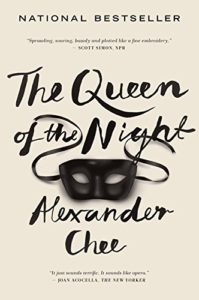
Why I love it: Oh boy do I love this book! It has everything we love about opera: grand spectacle, a secret past, unknown benefactors, love, and heartbreak. The novel takes place in 19th-century France, following the twists and turns of the fictional soprano, Lilliet Berne. She is offered the opportunity to debut a role in a new opera, but the plot of the opera is revealed to contain secrets from her past best left undisturbed.
What to look out for: This book is certainly fiction, but Chee is a musician and long-time opera lover who brings so much knowledge to the table. The book pulls you in with the drama and characters, but it works because of Chee’s in-depth knowledge of opera and history.
Bel Canto by Ann Pachett
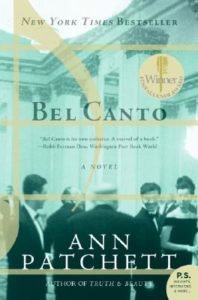
Why I love it: While the plot of this novel focuses on a hostage situation, an operatic sensibility is woven throughout this novel. Pachett’s quiet prose uses the opera Rusalka as a lens to build out a story of connection across barriers and of love denied. If you haven’t picked up an Ann Pachett book, go ahead and treat yourself to this one.
What to look out for: Fun fact! This novel has actually been made into an opera (which means I’m cheating and this should probably be in the Literature as Inspiration section). Composer Jimmy López and librettist Nilo Cruz’s work premiered at the Lyric Opera of Chicago in 2015.
Song of the Lark by Willa Cather
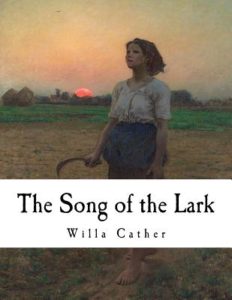
Why I love it: This book ticks so many boxes for me. The plot follows the life of Thea Kronborg, born in small-town Colorado. She has aspirations of being an opera singer, so she leaves on a journey that will take her to Chicago, New York, and around the world. I’ve always loved Thea for her independence and her strong work ethic, and while I can’t endorse all her choices, picking up this book feels like connecting with an old friend.
What to look out for: The title, cover, and inspiration for the novel are taken from a Jules Breton painting titled, “Song of the Lark.” Next time you are in Chicago take a moment to check it out at the Art Institute of Chicago.
Literature as Inspiration
The Shining by Stephen King
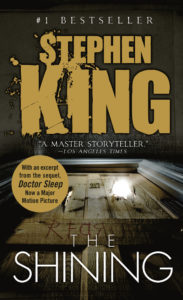
Why people love it: Ok, I have to confess, this is the one book on the list I haven’t read. In my defense, I’m a total wimp when it comes to spooky stories. Still, The Shining is looked upon as one of King’s classic novels. The story takes place at Colorado’s Overlook Hotel and the setting has been described as a malevolent character itself. The family dynamics and effects of isolation are supposed to showcase a character study well worth the read. I swear I’ll get around to it sometime soon… just with all the lights on.
What to look out for: This is a fairly recent operatic adaptation created by composer Paul Moravec and librettist Mark Campbell for Minnesota Opera’s New Works Initiative in 2016. The opera was created to be an adaptation of King’s novel rather than an adaptation of Stanley Kubrick’s famous movie.
The Bride of Lammermoor by Sir Walter Scott
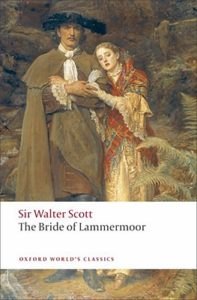
Why I love it: This book had a “red wedding” way back in 1819 before Game of Thrones made it cool. I read this novel in college while avoiding studying for a history of music test (It was related to the test… so it counted as studying!) and it became instantly clear why Donizetti wanted to adapt this into an opera. It has everything an opera needs: a naive couple in love, intercepted letters, a wise woman with ill omens, love denied, and insanity. As an atmospheric novel of love and lies in Scotland, you can’t do much better.
What to look out for: As with any adaptation, there are plenty of places where the opera librettos veers off from the original novel. This always seemed like it would make a great combination for a book club to me, read the novel and watch the opera. If someone else thinks this is a good plan, let’s start that club!
The Scarlet Letter by Nathaniel Hawthorne
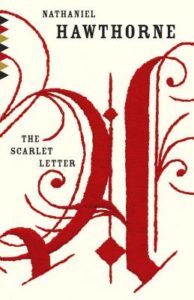
Why I love it: I first read this, as many of us did, in a high school english class. I remember being totally bemused by my classmates’ disdain for the novel. I’ve always loved Hester for her strength and dignity, but hated the life she had to live in those puritanical times. To be honest, it has probably been about a decade since I last read this—definitely time for a reread to see how it holds up.
What to look out for: This novel was adapted by composer Lori Laitman and librettist David Mason and premiered right here at Opera Colorado in 2016. Definitely check out the original recording featuring Laura Claycomb as Hester Prynne. Her performance of the lullabye to her daughter Pearl is absolutely spellbinding.
Opera in Children’s Lit
Opera Cat by Tess Weaver
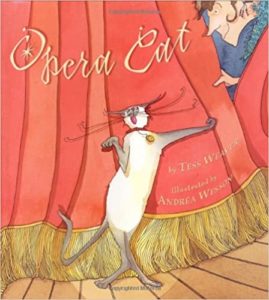
Why I love it: You may have thought there was absolutely no reason for me to mention my cat in the first paragraph, but sometimes it just takes awhile for all the pieces to come together. This is an absolutely delightful picture book about a cat named Alma whose owner is an opera singer. One night when her owner gets sick, Alma has her chance to shine.
What to look out for: Way back during my days as a nanny, this book was in heavy rotation. The kiddos loved when I used my “opera voice.” This book is a great introduction to opera for little ones because it mentions actual arias that you can listen to together or attempt to sing if you are feeling brave!
—
What are your favorite operatic books? Is there a classic that I missed? Do you have an operatic book club I could join? No seriously… who wants to start this together?



The most valuable and practical opera reference book I know of is Milton Cross’ Complete Stories of the Great Operas. It has a concise summary of the setting and the action, act by act, of around 70 operas and it features a list of the characters and voice they sing. (SATB) I often read the story of an opera I am going to see as a refresher. It is a great resource to lend to a person who is planning on attending an opera but is unfamiliar with the story. Not sure it is still in print, but it is easy to find.
That sounds like a great reference, Henry! Thanks for sharing.